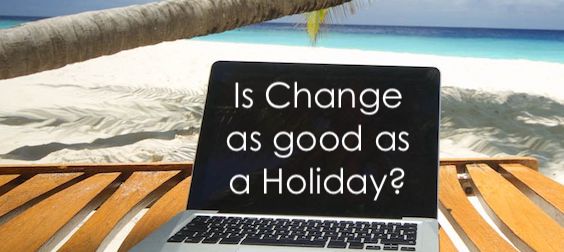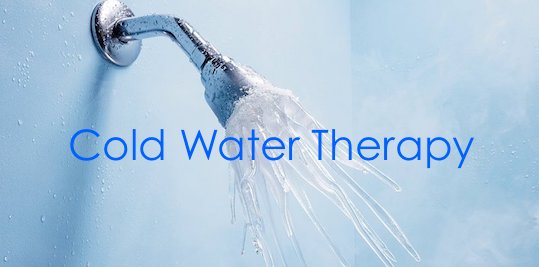Todays post is about Change or Holidays, a continuation on the topic of mental health.
We have all heard or used the saying ‘ a change is as good as a holiday’, or as Winston Churchill said, ‘a change is as good as a rest’.
Well is it? I decided to do some research and see if there is any scientific basis for this theory.
It turns out that a couple of studies have been conducted and a few scientific papers have been written on the subject.
So I have put together some of the facts for you.
First there is stress
Now stress is actually a process, not a diagnosis. We all experience stress when there is an imbalance between the demands being made on us and whether we are able to cope with those demands.
The level and extent of stress a person may feel depends a lot on their attitude to a particular situation. An event that may be extremely stressful for one person can be a mere hiccup for another person.
Stress is not always a bad thing. Some people thrive on stress and even need it to get things done. When the term ‘stress’ is used in a clinical sense, it refers to a situation that causes discomfort and distress for a person and can lead to other mental health problems,
Generally, continuing stress in the work place has a detrimental effect on people’s health. It is well recognised that sufficient recovery is necessary to counteract negative stress reactions.
Is a holiday the answer?
One study concluded that a holiday for at least seven consecutive days provided an efficient recovery strategy. Another study conducted in 2017, supports this theory. The results indicated that one single short-term holiday, has a large, positive and immediate effect on perceived stress, recovery, strain, and well-being. Interestingly, escaping daily routines and the usual environment do not seem to be crucial for recovery.
For the study participants, the effects were still detected at 30 days (recovery) and 45 days (wellbeing and stress) post-holiday.
Or is change the answer?
Research conducted by New York University; found that daily variability in physical location, along with new and diverse experiences is linked to enhanced happiness. The results suggest that people feel happier when they experience variety in their daily routines.
However simple the change, there’s a neurological reason why variety makes us happy.
Two parts of our brain, essential for mood, are stimulated by change.
The hippocampus, which is a part of the brain that is involved in forming new memories, emotions and learning, is also sensitive to the novelty of new environments.
Another part of the brain, called the striatum, helps us to evaluate our environment and processes reward.
The activity in these areas of the brain tends to be more synchronised in people who explore new things daily. This has a stronger influence on their mood.
Something as simple as introducing a little bit of variety into our day may be enough to increase our sense of well being.
So, it seems that a far as our physical reaction to stress is concerned, science does support the adage that a change is as good as a holiday. Either option has the ability to improve our mental health.
I hope you found this information interesting.
Till the next post,
Live clean n prosper.
(Sources – National Library of Medicine –New York University publications– CNBC Make It – )


